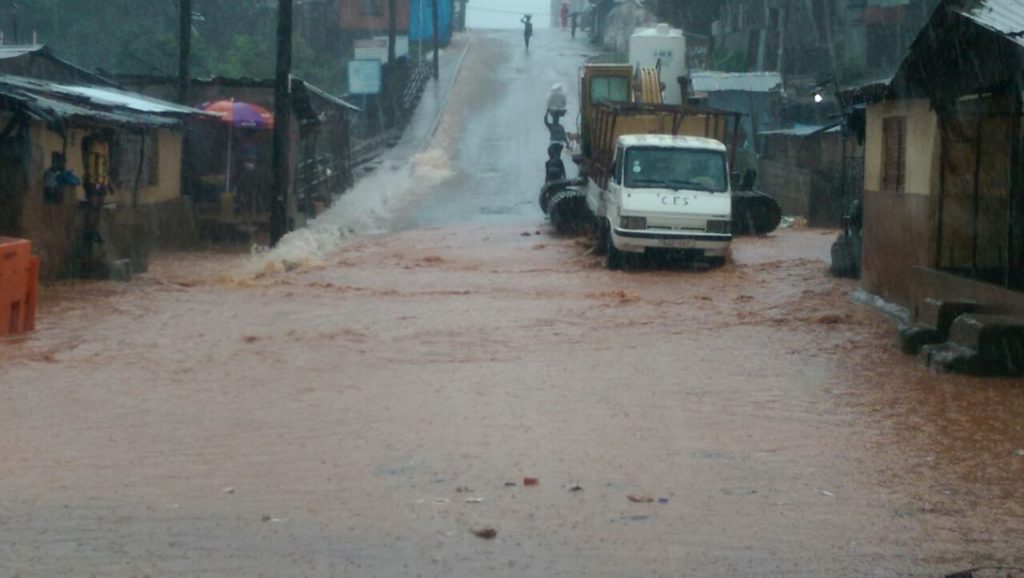By Liz Hughes, Chief Executive, MapAction
The nature of our work means that we are only too aware of the impacts of climate change on the lives and livelihoods of the world’s most vulnerable people. Although the causal chain between humanitarian need arising out of climate change and MapAction’s contribution to the problem may not be a straight line, we are, no doubt, a contributor to some degree. And, as an organisation of people with a passionate commitment to improving humanitarian outcomes, it is incumbent on us to take a really serious look at our contribution to the problem.
Towards the end of last year, therefore, an internal working group was created to update our thinking about the environmental impacts we generate during the course of our work, and how we can avoid and mitigate these. In December, the group developed an environmental policy that outlines our commitment to strive for carbon neutrality by 2030. This is both daunting and necessary. In my view, it is absolutely right that we should set such a target. However we don’t yet know the scale of that and what we are going to need to do to tackle it.
Our policy states: “MapAction recognises the devastating effects of climate breakdown and environmental degradation which can lead to displacement, disease, food shortages, water shortages, economic loss, and poverty for people, particularly those in vulnerable regions across the world. Principally MapAction recognises the contributory effect and exacerbation climate breakdown and environmental degradation can have on humanitarian crises. MapAction commits to our own moral and ethical (“do no harm”) responsibility to reduce and minimise our environmental and carbon footprint, whilst supporting those affected by humanitarian crises, supporting Sustainable Development Goal #13 on Climate Action[1] (to take urgent action to combat climate change and its impacts).

I am very grateful to the working group for developing this policy and taking us forward. There is still quite a lot of work to do to get a clear baseline and some impact measures in place so that, as we embark on this journey, we do so with some clear parameters and actions, and it isn’t just talk.
There’ll be an opportunity for MapAction’s membership to feed in suggestions on what areas we can improve. We will budget and fundraise for this work. We are very grateful for the assistance of Arup, a supportive employer of several MapAction volunteers, including a member of our environmental working group. They are helping us look at our procurement guidelines. Members of the working group are also bringing their workplace experience to bear on this, so its a very rounded MapAction employer and team effort.
The tasks ahead are both exciting and formidable. When an organisation makes a decision to move forward deliberately in areas like this, things change. And so they should. We don’t always know at the outset where it will end up. But I am really sure it is the right journey to be making right now.
